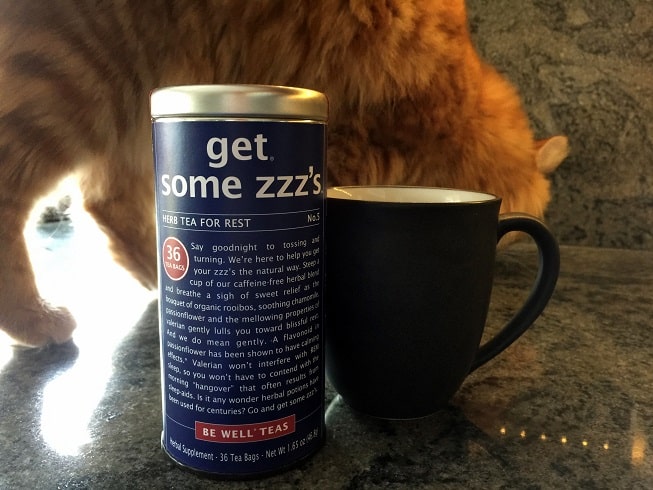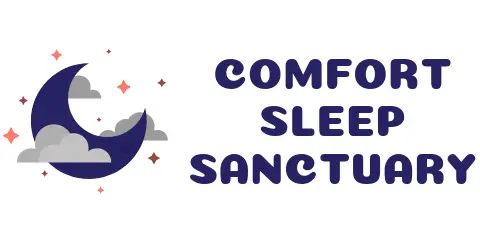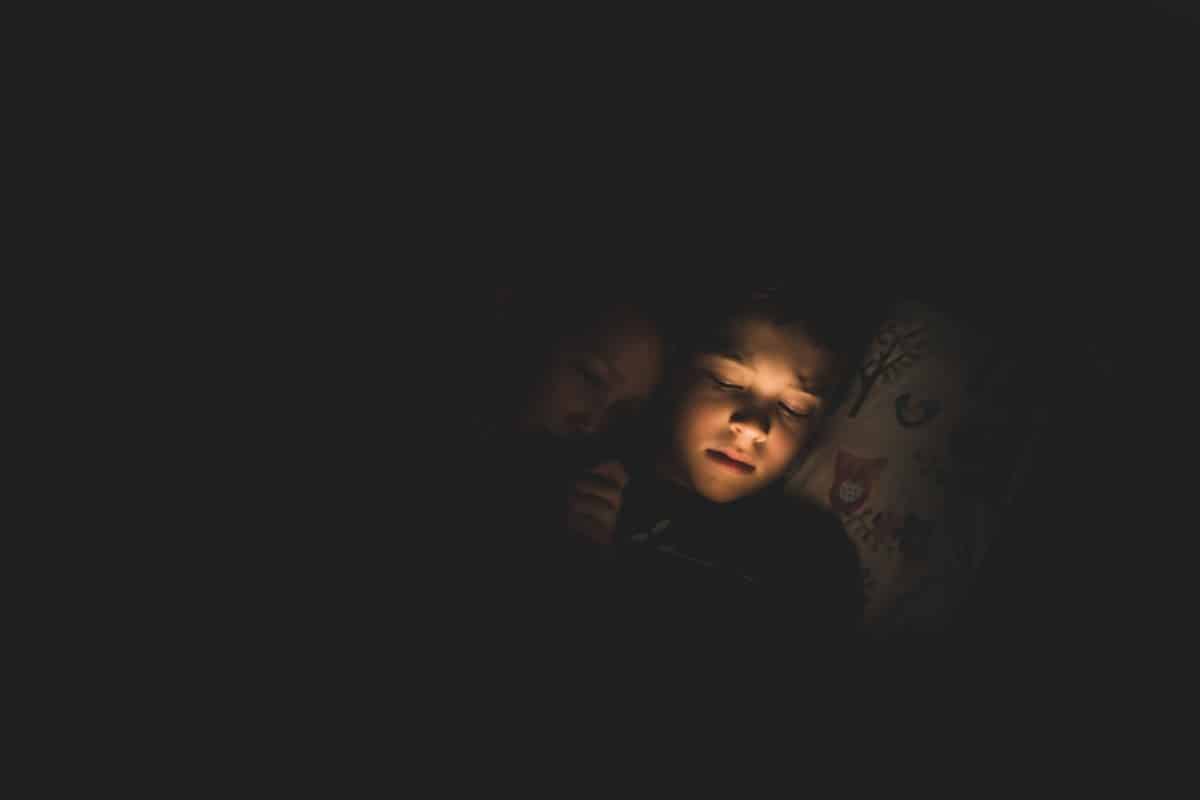Photo by Clint McKoy on Unsplash
**This post contains affiliate links and I will be compensated if you make a purchase after clicking on my links.
A sleep expert’s recommendations for getting a better nights rest
If your sleep is less than perfect, one of the first steps is to educate yourself about sleep.
Chris Winter, MD is a trained neurologist who has treated patients with sleep disorders for over twenty years. Here he has provided a humorous, well-written overview of how sleep works.
- The Sleep Solution: Why Your Sleep is Broken and How to Fix It. W. Chris Winter, MD. ©2017. New American Library, New York.
We all sleep, even if we don’t realize it. If we didn’t sleep, we’d die. At some point, the urge to sleep becomes so strong that we lose consciousness.
However, there is a disorder called paradoxical insomnia. People with this disorder sleep, sometimes a “normal” amount. However, they have no memory of this sleep and are convinced that they don’t sleep at all!
As we all know how important sleep is to our day-to-day functioning, thinking that you don’t sleep can cause a great deal of anxiety.
If you suffer from this, or any other sleep issue, please seek out the advice of a medical professional.
Sleep Hygiene
Dr. Winter goes on to describe what all of us can do to improve our “sleep hygiene”:
- “Create a hibernation lair”. This includes making your bedroom dark. As in, completely dark. As in, you can’t see your hands in front of your face, dark. No stray LED lights from various electronics. The easiest way to accomplish this is an eye mask.
- And no TV in the bedroom.
- Reading is fine, but old-fashioned paper only. No e-readers. All our screens emit blue light that suppresses melatonin and makes it more difficult to get a good night’s rest.
- Be comfortable. Have a comfortable mattress and comfy bedding. Find the perfect pillow. Maintain your temperature to what you prefer—not too hot, and not too cool.
- The bed is reserved for sex and sleep only
- If a pet (or spouse) disturbs your sleep, consider sleeping apart. Or invest in good earplugs.
- Avoid stimulants, such as nicotine and caffeine, before bed. Avoid alcohol. Yes, it’s a sedative, but your performance tomorrow will likely be impaired.
“Spend so much money on your new bedding and room furnishings that you can’t afford your nicotine and caffeine habits anymore”
—W. Chris Winter, MD
- Avoid potential indigestion or reflux by avoiding food two-three hours before bed. However, if you must snack, high-glycemic (sugary) meals shorten sleep onset.
- Stick to a consistent bedtime and waketime. Resist the urge to sleep-in on the weekends.
- Have a bedtime routine. Children get a bath, followed by a bedtime story. The same works just as well for adults. Take a hot shower and listen to your favorite (non-controversial) podcast.
- Have a wakeup routine. Especially helpful is to exercise in the morning. Eat a breakfast high in protein, to enhance wakefulness.
- If you don’t fall asleep right away, don’t fight it. Do something else.
Here are some products that Dr. Winter recommends that may help with your sleep hygiene. (Note, these are minor enhancements only, with no guarantees.)
- Blue Blocking Amber Glasses for Sleep. If you insist on using a screen before bed at least block the blue light. Make sure that the glasses—usually amber in color—block the full blue spectrum and are designed for sleep. You shouldn’t be able to “see” blue anymore.
- Performance bedding designed to wick away moisture and keep you cool.
- Muse 2: The Brain Sensing Headband. Practice quieting your mind. Use biofeedback to teach yourself to meditate.
- Chili Technology chiliPAD Cube 3.0 Cooling and Heating Mattress Pad. Small water-filled tubes heat and cool you to the perfect temperature. This product can replace air conditioning in the hot months.
“As God is my witness, this water-cooled mattress cover will change the way you sleep forever”
—W. Chris Winter, MD
Sleep Aids
As you would expect, Dr. Winter is not a fan of sleeping pills. They treat a symptom (insomnia) without addressing the underlying cause.
And they have side effects. Like driving yourself somewhere and having no memory of it.
Fine for occasional use, but not every night.
Here are some more recommended products from Dr. Winter.
- Sounds Oasis Sleep Sound Therapy. An alarm clock with 24 included sleep sounds. My personal preference is either an Alexa- or Google Assistant-enabled speaker. There are lots of options to generate your favorite white noise, sleep sounds, or calm music.
- Lavender Stuffed Animal. Microwave this and place it in your child’s bed. Or your own. When used consistently, lavender (or any scent) will act as a trigger to tell your body it’s time to go to sleep. In addition, there is some data suggesting that lavender helps with sleep.
- Get Some Zzz’s Tea, by The Republic of Tea. It contains both chamomile and valerian that may help with sleep.

(Photo by author)
I can’t tell if the tea works as advertised, but it certainly tastes good.
All set?
Nightie Night.

